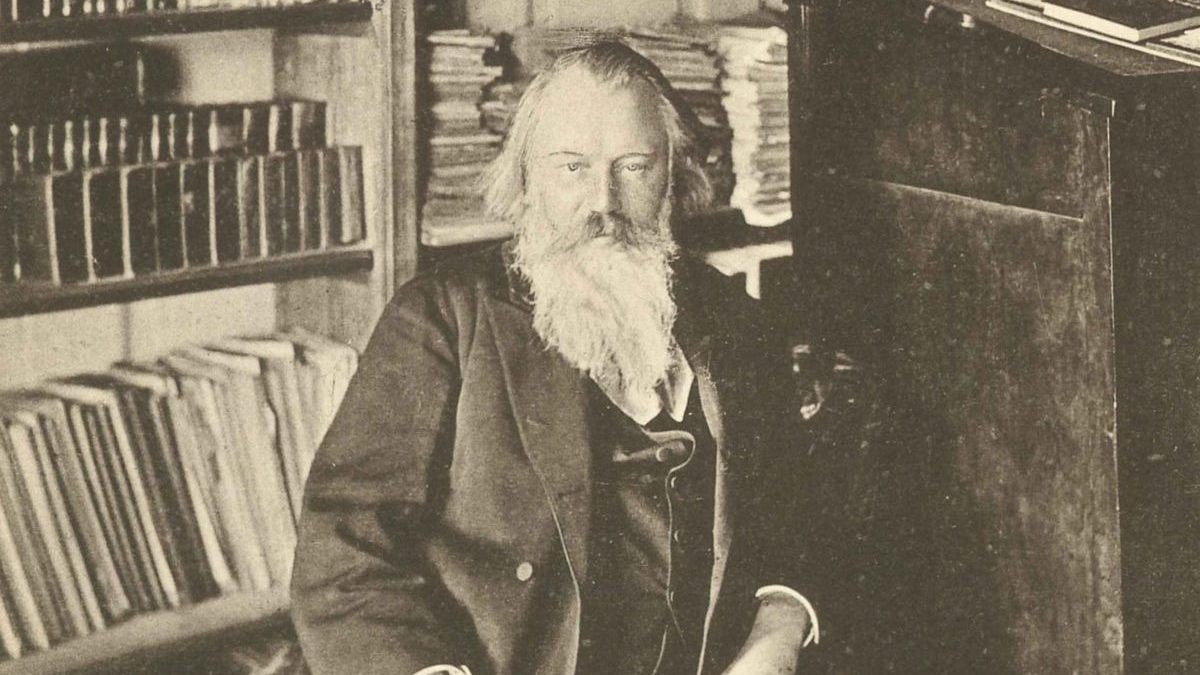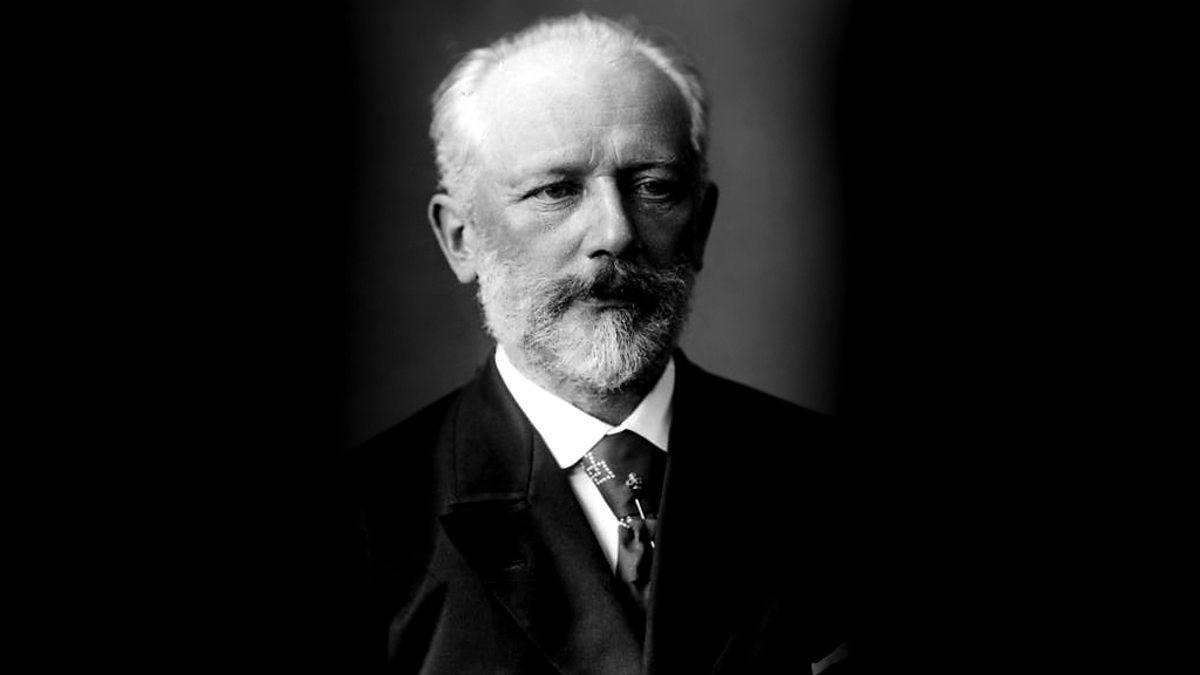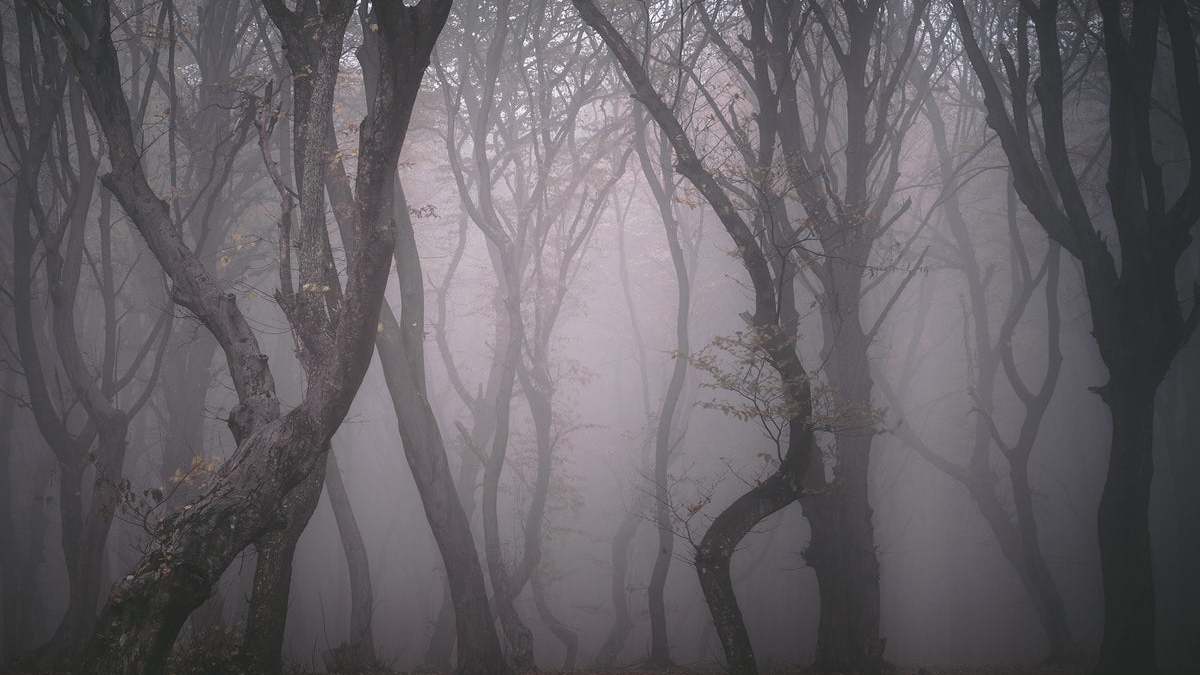Paganini Meets Rossini: “I Palpiti”
If the Top 40 popular song charts had existed in the early nineteenth century, they would have been dominated by the melodies of opera composers such as Gioachino Rossini. Today, popular music is distributed through recordings. In the nineteenth century, music distribution came in the form of arrangements and adaptations. Rock star virtuosos such as Niccolò Paganini and Franz Liszt drew on these melodies in the form of paraphrases. Paganini’s Variations on I …







